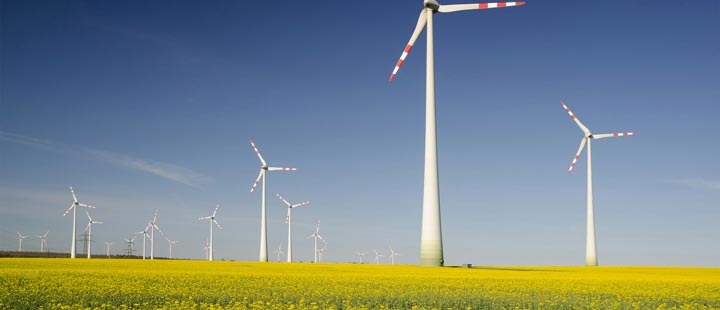Please note: this article is more than one year old. The views of our CIO team may have changed since it was published, and the data on which it was based may have been revised.
Our new CIO Special looks at the evolution of the concept of governance (“G”), the final ESG component along with environmental (“E”) and social (“S”) factors.
The report shows how the focus of governance efforts has changed over time, and how the coronavirus pandemic has underlined the importance of governance in boosting corporate resilience as well as a way of achieving social and environmental norms.
The report also evaluates the factors generally seen as key to “good governance” and their possible impact on corporate performance. It includes a guest contribution on the German family business governance experience from Professor Kammerlander at the WHU – Otto Beisheim School of Management.





.webp)







